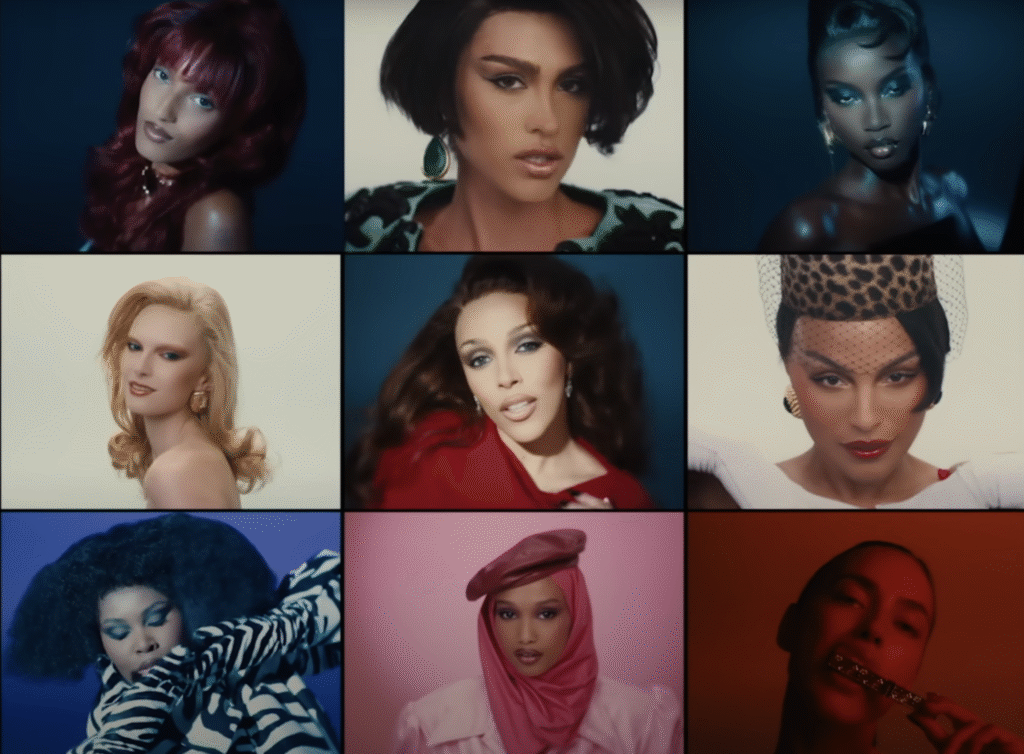The word gorgeous carries multiple lives when placed in the mouths of artists like Doja Cat and Yseult. For Doja, it is often laced with irony, comedy, and sharp critique of pop culture’s obsession with surface aesthetics. For Yseult, the French singer celebrated for her radical honesty and commanding stage presence, gorgeous is reclamation—a word heavy with her body, her heritage, and her insistence on visibility in a space that often wants to erase her. Bringing the two together isn’t about forcing a collaboration that hasn’t yet happened; it’s about recognizing that they already orbit similar cultural ideas. They take the familiar idea of beauty and stretch it until it trembles with contradictions—sexy and absurd, divine and grotesque, fragile and radical.
Doja Cat: Gorgeous in Irony
Doja Cat is pop’s most unpredictable agent of chaos. From her viral “Mooo!” era to Grammy-winning records, she embodies a shape-shifting aesthetic where gorgeousness is both a weapon and a joke. In her 2023-2024 era, she leaned into a blood-soaked vampiric imagery for Scarlet, attending events covered in crimson crystals or with prosthetic devil horns. It wasn’t about fitting an ideal of beauty, but about exploding it. When she mocks her own fans for demanding TikTok-ready content, or shaves her head on livestream, she plays with the grotesque edges of gorgeous—how much can a pop star reject beauty standards while still being desired? Doja proves that the paradox itself is the allure.
Her gorgeousness lies in performance as refusal. She embraces hyper-femininity while satirizing it, leaning into absurdist fashion, sometimes appearing in painted full-body looks that seem more sculpture than outfit. In every way, she tests how far “gorgeous” can bend without breaking.
Yseult: Gorgeous in Gravity
Where Doja spins the carnival of pop, Yseult anchors herself in gravity. The French-Cameroonian artist rose to prominence after her appearance on Nouvelle Star and quickly departed from the mainstream route, carving a lane where her music—a blend of chanson, R&B, and orchestral grandeur—served as both confession and resistance. Yseult calls herself a “lover of love and fat body,” reclaiming visibility as a plus-size Black woman in the French music scene, which is notoriously conservative about bodies and aesthetics. For her, gorgeous is militant. It is about declaring her body as worthy of glamour, elegance, and respect, while simultaneously narrating pain, loss, and survival.
Her live performances, often staged with minimalist design but maximalist emotion, present gorgeous as an act of persistence. Draped in couture, she sings heartbreak and joy with a gravitas that makes the word beautiful again, not as an ideal but as a truth she demands the world to see.
No comments yet.








